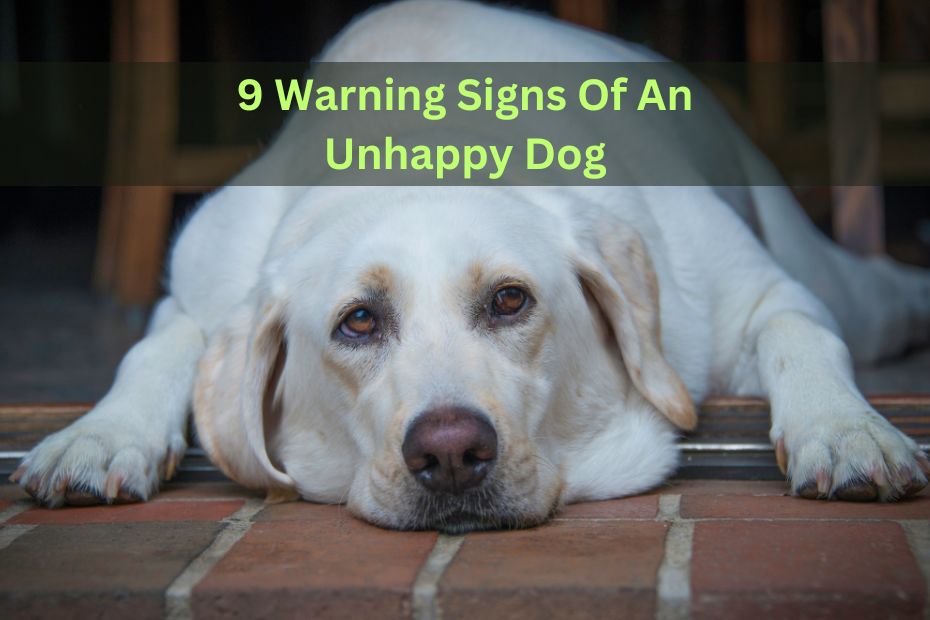Understanding your furry friend’s emotions is crucial for their well-being. Dogs, like humans, can experience unhappiness, and it’s essential to recognize the signs early to address their needs effectively.
1. Lack of Appetite
One of the primary indicators of an unhappy dog is a sudden lack of interest in food. While dogs may skip a meal occasionally, consistent refusal to eat or drastic changes in eating habits could signal underlying distress.
2. Decreased Activity
If your dog is typically active and playful but suddenly becomes lethargic or disinterested in activities they used to enjoy, it might be a warning sign of unhappiness.
3. Excessive Sleeping
While dogs do sleep a lot, excessive or prolonged sleeping beyond their usual patterns might indicate emotional distress or even physical discomfort.
4. Avoidance Behavior
An unhappy dog may exhibit avoidance behavior, such as avoiding eye contact, hiding, or retreating to a secluded area in the house, signaling their desire to be left alone.
5. Excessive Licking or Chewing
Stress or unhappiness can manifest in dogs through repetitive behaviors like excessive licking or chewing, often targeting their paws, legs, or tail.
6. Aggression or Irritability
Unprovoked aggression, growling, or snapping can be signs of an unhappy dog. It’s essential to address such behavior promptly to prevent potential harm to other pets or family members.
7. Excessive Panting
While panting is normal, excessive panting, especially when not associated with physical activity or hot weather, could indicate stress, anxiety, or pain.
8. Excessive Shedding
An increase in shedding beyond the usual seasonal shedding may indicate that your dog is under stress or suffering from an underlying health issue.
9. Conclusion
Understanding the warning signs of an unhappy dog is crucial for pet owners to ensure their furry companions’ well-being. By recognizing these signs early and addressing the underlying causes, you can help your dog lead a happier and healthier life.
FAQs
How do I know if my dog is unhappy?
Observing changes in behavior, appetite, and activity levels can indicate your dog’s emotional state.
Can a dog’s behavior change suddenly if they’re unhappy?
Yes, sudden changes in behavior can signal underlying unhappiness or distress.
Should I take my dog to the vet if I notice these signs?
Yes, it’s advisable to consult a veterinarian to rule out any potential health issues causing your dog’s unhappiness.
What can I do to make my dog happier?
Providing ample exercise, mental stimulation, social interaction, and a safe, comfortable environment can contribute to your dog’s happiness.
Can medication help if my dog is unhappy?
In some cases, medication prescribed by a veterinarian may help alleviate symptoms of anxiety or depression in dogs.
